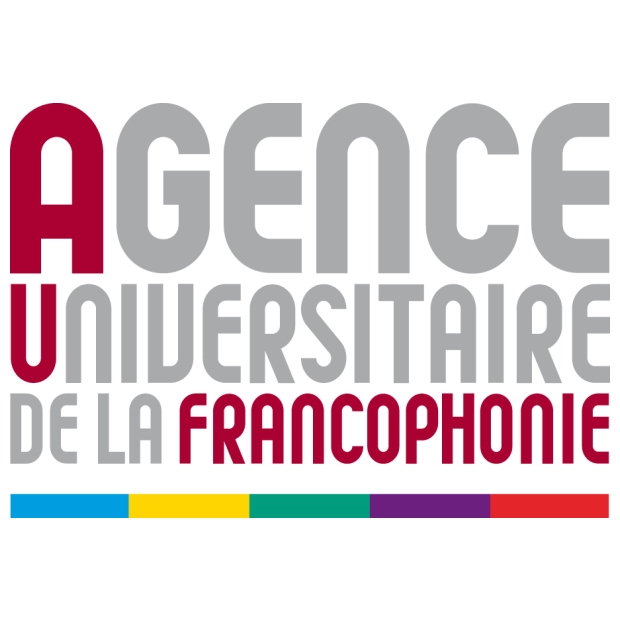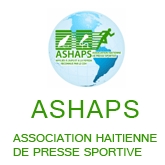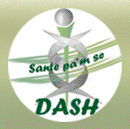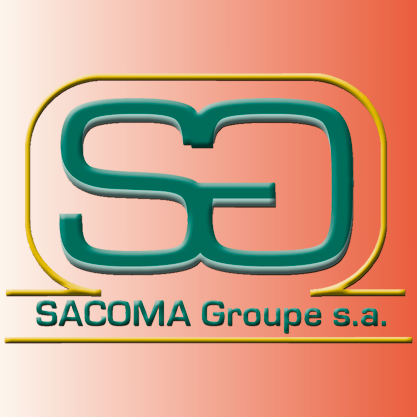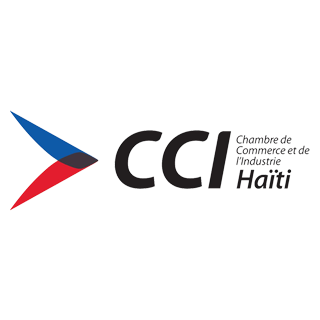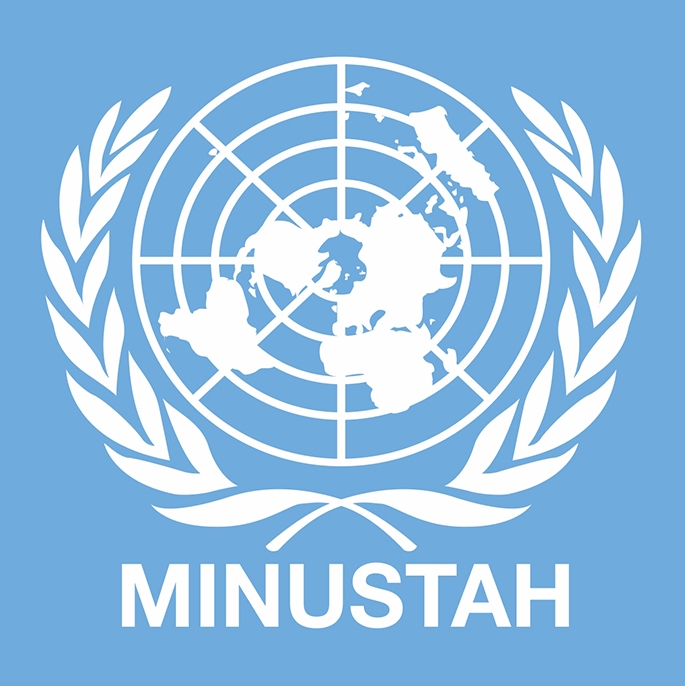/ijdh-ad12.png)
/ijdh-ad20.jpg)
![]()
/ijdh-ad14.jpg)
/ijdh-ad15.jpg)
/ijdh-ad16.jpg)
/ijdh-ad17.jpg)
/ijdh-ad18.jpg)
Institute for Justice & Democracy in Haiti (IJDH)
Mission
We work with the people of Haiti in their non-violent struggle for the consolidation of constitutional democracy, justice and human rights, by distributing objective and accurate information on human rights conditions in Haiti, pursuing legal cases, and cooperating with human rights and solidarity groups in Haiti and abroad.
IJDH draws on its founders’ internationally-acclaimed success accompanying Haiti’s poor majority in the fields of law, medicine and social justice activism. We seek the restoration of the rule of law and democracy in the short term, and work for the long-term sustainable change necessary to avert Haiti’s next crisis.
What We Do
To achieve our mission, we:
Work With Grassroots Organizations to Promote Human Rights In Haiti
IJDH works with grassroots groups in Haiti to help develop an effective human rights advocacy program with global outreach. In the U.S., IJDH collaborates with grassroots organizations, including faith-based, solidarity, development, and humanitarian organizations to coordinate advocacy on human rights in Haiti, and networks with solidarity and Haitian Diaspora activists throughout the world. Our work seeks to change the international environment that allows such massive disrespect for social, economic, civil and political rights to flourish.
Document Human Rights Violations & Disseminate Accurate Information
The Institute gathers information on human rights violations in Haiti, and relays it to the international human rights community, media and grassroots groups.We work closely with others investigating human rights in Haiti, and provide training and analysis to individuals and organizations interested in Haiti, including visiting delegations. Our long collaboration with Haitian grassroots groups and our legal experience in Haiti allows us to provide consistent, credible information and analysis. Our documentation is routinely used by advocates and decision makers, and we are often cited in the press. Shining a sharp spotlight on human rights abusers and their foreign support provides protection to potential victims and empowers pro-democracy advocates in Haiti.
Pursue Legal Claims in Haiti and Abroad
IJDH helps victims of human rights violations pursue cases in national and international courts. In Haiti, its lawyers represent political prisoners and persecuted journalists, and document cases of murder, torture and destruction of property. Outside Haiti we help prepare cases for international courts and assist in civil litigation in the U.S. This work aims to stop current human rights violations, deter future human rights violations and obtain compensation for victims of past violations.
Overview
/ijdh-ad21.jpg) IJDH’s Haiti-based partner, the Bureau des Avocats Internationaux (BAI), in Port-au-Prince, has helped victims prosecute human rights cases, trained Haitian lawyers and spoken out on justice issues since 1995. The BAI used to receive most of its support from Haiti’s constitutional governments, but since February 2004, it has received most of its support from the Institute for Justice& Democracy in Haiti (IJDH), and no support from any political organizations.
IJDH’s Haiti-based partner, the Bureau des Avocats Internationaux (BAI), in Port-au-Prince, has helped victims prosecute human rights cases, trained Haitian lawyers and spoken out on justice issues since 1995. The BAI used to receive most of its support from Haiti’s constitutional governments, but since February 2004, it has received most of its support from the Institute for Justice& Democracy in Haiti (IJDH), and no support from any political organizations.
Victim-Centered Approach
/ijdh-ad22.jpg) The BAI has pioneered a “victim centered approach” that combines traditional legal strategies with empowerment of victims’ organizations and political advocacy. BAI lawyers argue in court, but also help victims engage judicial and government authorities through media advocacy, writing letters, meetings with officials and even organizing demonstrations. The office helps its clients advocate on a global level as well, through international courts, media appearances, and helping organize international campaigns in support of its clients. BAI lawyers advocate beyond the confines of their cases in support of the rule of law in Haiti.
The BAI has pioneered a “victim centered approach” that combines traditional legal strategies with empowerment of victims’ organizations and political advocacy. BAI lawyers argue in court, but also help victims engage judicial and government authorities through media advocacy, writing letters, meetings with officials and even organizing demonstrations. The office helps its clients advocate on a global level as well, through international courts, media appearances, and helping organize international campaigns in support of its clients. BAI lawyers advocate beyond the confines of their cases in support of the rule of law in Haiti.
Grassroots Advocacy Component
/ijdh-ad23.jpg) The BAI calibrated its strategy to the possibilities and frustrations of Haiti’s democratic transition. It understood that Haiti’s justice system was unaccustomed to providing justice for poor victims, but that it could be induced to change through the tools of democratic participation. The BAI helped establish an informed, activist grassroots constituency that could hold the elected government accountable and effectively advocate for justice over the long term. Although Haiti’s democratic development was, like any other country’s, slow and frustrating, these strategies achieved significant victories.
The BAI calibrated its strategy to the possibilities and frustrations of Haiti’s democratic transition. It understood that Haiti’s justice system was unaccustomed to providing justice for poor victims, but that it could be induced to change through the tools of democratic participation. The BAI helped establish an informed, activist grassroots constituency that could hold the elected government accountable and effectively advocate for justice over the long term. Although Haiti’s democratic development was, like any other country’s, slow and frustrating, these strategies achieved significant victories.
Raboteau Massacre Trial Victory
/ijdh-ad24.jpg) The BAI’s most prominent case, the Raboteau Massacre trial, was the best complex prosecution ever in Haiti, and one of the most significant human rights cases anywhere in the Americas. The trial convicted fifty-seven defendants, including the top military and paramilitary leadership of Haiti’s 1991–1994 de facto dictatorship. The Raboteau case succeeded because BAI clients and other human rights groups forced it through the system, step by step, a process chronicled in the award-winning film, Pote Mak Sonje. The BAI had several other promising cases in the pipeline at the time of the coup d’etat. The BAI’s approach has become a model for transitional justice programs, and was a focus of a case study at Harvard’s Kennedy School of Government.
The BAI’s most prominent case, the Raboteau Massacre trial, was the best complex prosecution ever in Haiti, and one of the most significant human rights cases anywhere in the Americas. The trial convicted fifty-seven defendants, including the top military and paramilitary leadership of Haiti’s 1991–1994 de facto dictatorship. The Raboteau case succeeded because BAI clients and other human rights groups forced it through the system, step by step, a process chronicled in the award-winning film, Pote Mak Sonje. The BAI had several other promising cases in the pipeline at the time of the coup d’etat. The BAI’s approach has become a model for transitional justice programs, and was a focus of a case study at Harvard’s Kennedy School of Government.
Civil Society Development
/ijdh-ad25.jpg) The BAI also helps NGOs in Haiti develop a strong independent advocacy capacity. The BAI space provides grassroots groups with telephones, computers and working space, along with human rights reporting training, legal analysis, and introductions to potential foreign collaborators. Many of these organizations receive little or no support, because they do not yet have the skills necessary to get on funders’ radar screens (communication, accounting, even literacy). The BAI helps groups move their advocacy beyond the justice system to criticize policies that compromise the civil, political economic and social rights of poor Haitians, whether implemented by their own government or by the international community. TheBAI’s training program for apprentice Haitian lawyers gave young lawyers the skills and orientation to effectively represent the poor.
The BAI also helps NGOs in Haiti develop a strong independent advocacy capacity. The BAI space provides grassroots groups with telephones, computers and working space, along with human rights reporting training, legal analysis, and introductions to potential foreign collaborators. Many of these organizations receive little or no support, because they do not yet have the skills necessary to get on funders’ radar screens (communication, accounting, even literacy). The BAI helps groups move their advocacy beyond the justice system to criticize policies that compromise the civil, political economic and social rights of poor Haitians, whether implemented by their own government or by the international community. TheBAI’s training program for apprentice Haitian lawyers gave young lawyers the skills and orientation to effectively represent the poor.
Transnational Justice
/ijdh-ad26.jpg) The BAI successes are not limited to Haiti. Three members of the Army High Command were deported from the U.S. to face charges for Raboteau, including the former Assistant Commander in Chief, the highest ranked soldier ever deported from the U.S. on human rights grounds. The international grassroots campaign forced the U.S. to return the FRAPH/FADH documents stolen from Haiti in 1994.
The BAI successes are not limited to Haiti. Three members of the Army High Command were deported from the U.S. to face charges for Raboteau, including the former Assistant Commander in Chief, the highest ranked soldier ever deported from the U.S. on human rights grounds. The international grassroots campaign forced the U.S. to return the FRAPH/FADH documents stolen from Haiti in 1994.
Focus Post-2004 Coup
/ijdh-ad27.jpg) After the February 29, 2004 coup d’etat, the BAI switched gears from prosecuting human rights violators to defending victims of human rights violations. The BAI represents over 100 political prisoners. Our legal intervention, combined with political pressure on the Haitian authorities, has led to the liberation of several high profile political prisoners, including Catholic Priest Fr. Gerard Jean-Juste, several former government officials and journalists. The BAI also brings cases outside of Haiti on behalf of its clients, notably before the Inter-American Commission on Human Rights.
After the February 29, 2004 coup d’etat, the BAI switched gears from prosecuting human rights violators to defending victims of human rights violations. The BAI represents over 100 political prisoners. Our legal intervention, combined with political pressure on the Haitian authorities, has led to the liberation of several high profile political prisoners, including Catholic Priest Fr. Gerard Jean-Juste, several former government officials and journalists. The BAI also brings cases outside of Haiti on behalf of its clients, notably before the Inter-American Commission on Human Rights.
The BAI also helps document human rights violations in Haiti. It provides information for reports and action alerts by IJDH, but also to journalists, members of the U.S. Congress, and to delegations from the United Nations, the Inter-American Commission on Human Rights and U.S. law schools, and to international human rights organizations.
| Tweets by @ijdh |
| info@ijdh.org | |
| Address | 666 Dorchester Avenue Boston, MA 02127 |
| Phone | 1 (617) 652-0876,, |
| Fax |


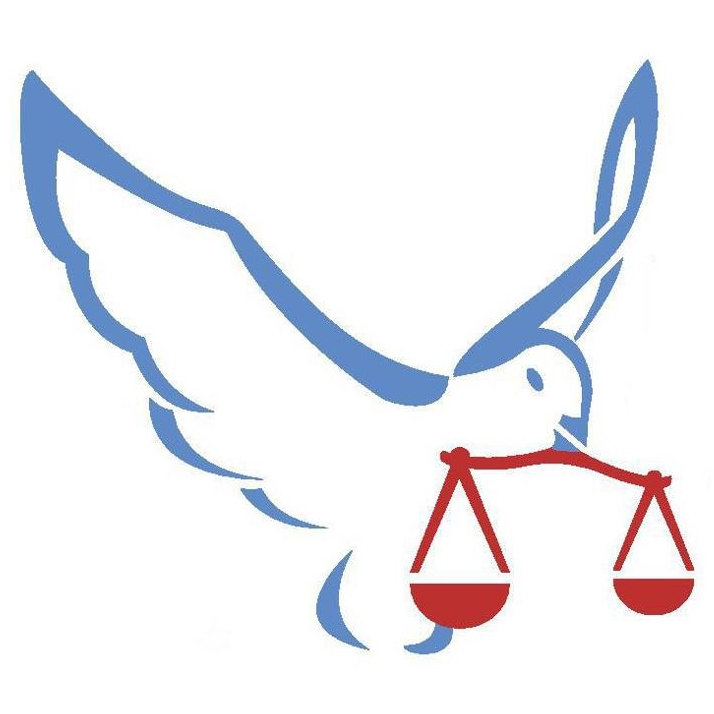



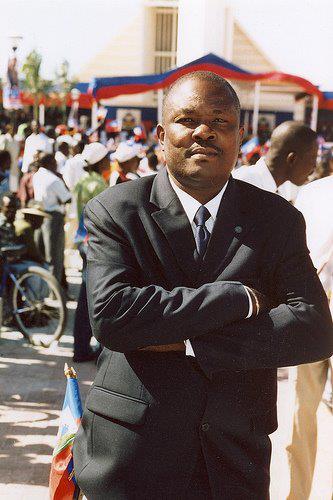
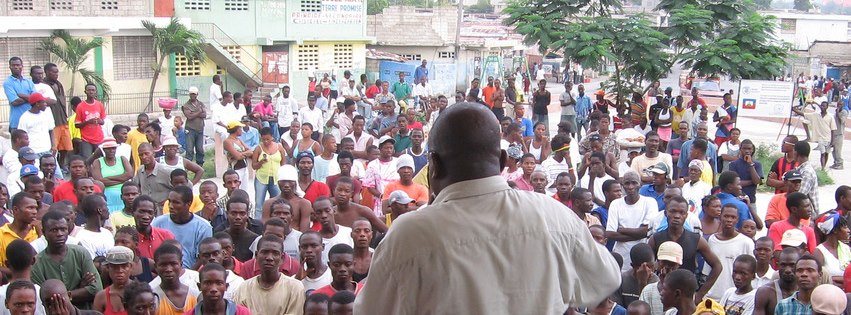
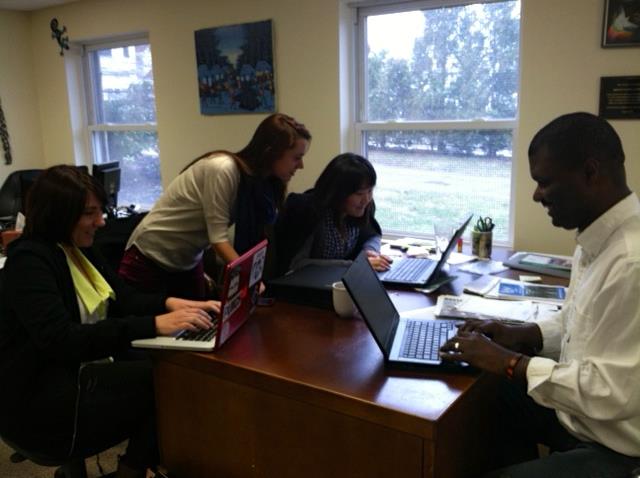
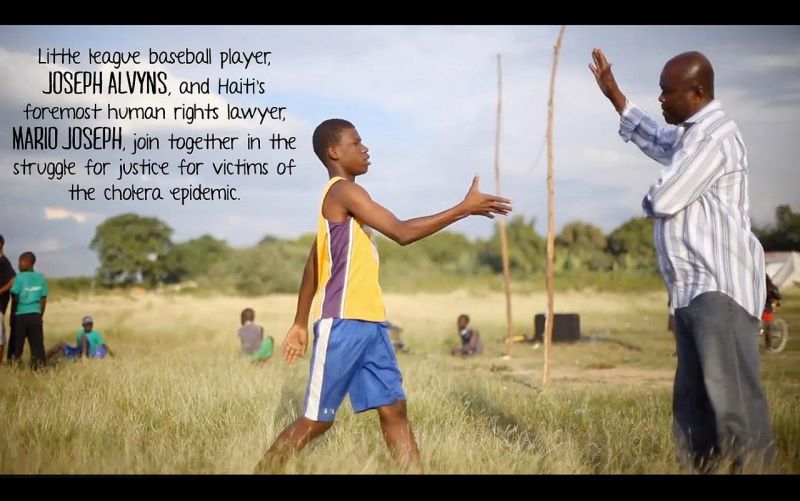
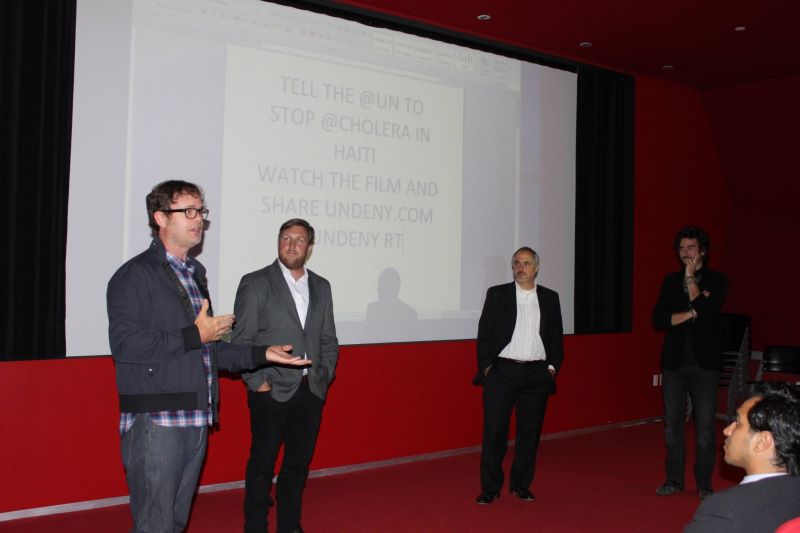
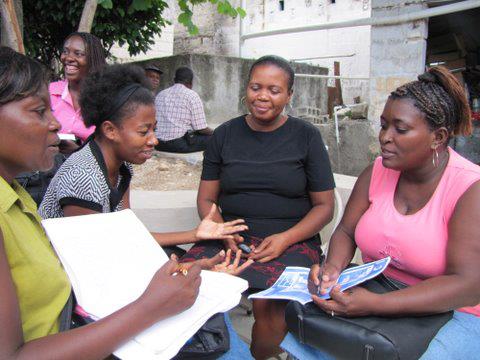
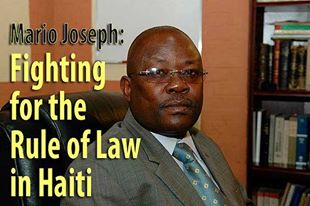
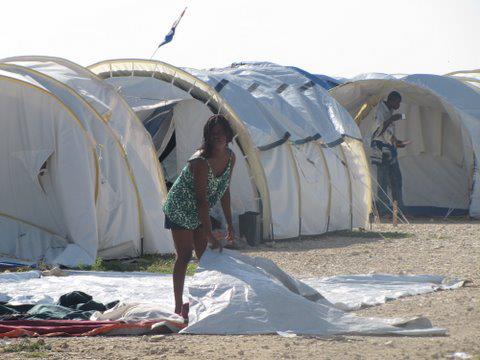
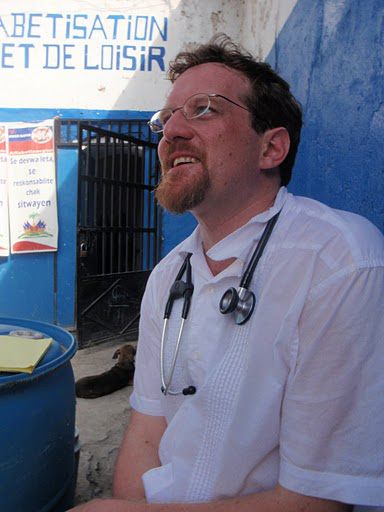
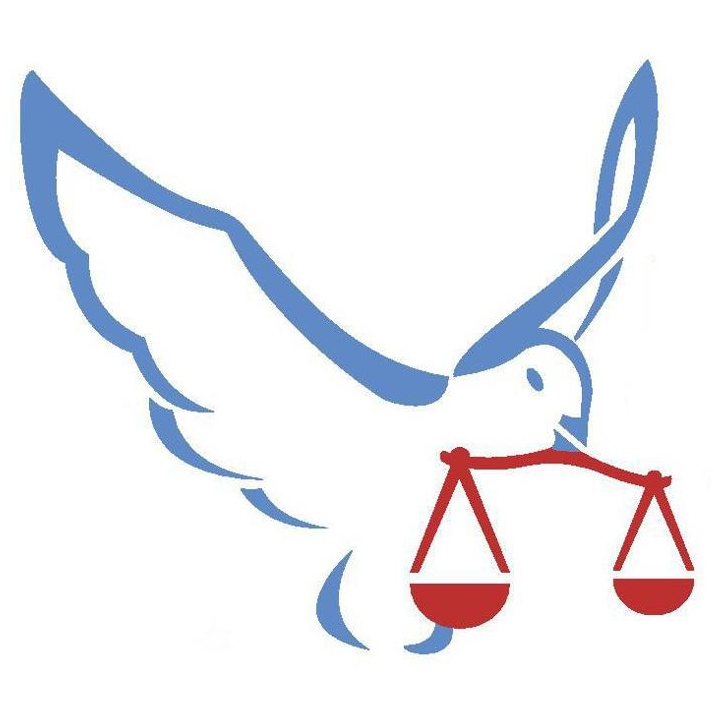

/ijdh-ad19.jpg)








